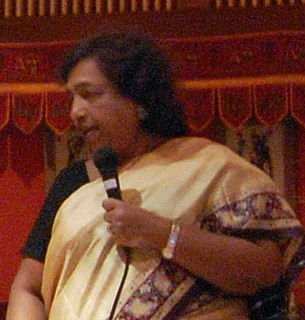A Quote by Jane McGonigal
Over time, the games we play can change how we think and what we're capable of. And it's easy to maximize the benefits so the changes are positive.
Related Quotes
My all-time favorite topic in positive psychology is the study of positive emotions. I'm fascinated by how pleasant experiences, which can be so subtle and fleeting, can add up over time to change who we become. I'm especially excited these days about investigating how positive emotions change the very ways that our cells form and function to keep us healthy.
In time, after a dozen years of centering their lives around the games boys play with one another, the boys' bodies change and that changes everything else. But the memories are not erased of that safest time in the lives of men, when their prime concern was playing games with guys who just wanted to be their friendly competitors. Life never again gets so simple.
If you think about Cisco's offerings like TelePresence, where it's an immersive way to communicate for businesses to connect and have conversations in a real-time immersive mode, how that will change health care, how that'll change retail business, how that'll change actually travel. There's lots of changes that we will see going forward.
Climate has always changed. It always has and always will. Sea level has always changed. Ice sheets come and go. Life always changes. Extinctions of life are normal. Planet Earth is dynamic and evolving. Climate changes are cyclical and random. Through the eyes of a geologist, I would be really concerned if there were no change to Earth over time. In the light of large rapid natural climate changes, just how much do humans really change climate?
Change efforts happen when a firm is out of alignment with achieving its vision. If the organization has broad buy-in on a clear vision, the need for change becomes much clearer. It also helps to over-communicate what you're doing and why you're doing it. Lastly, the leadership needs to spend as much time on "how" changes are being made and "what" changes are being made. Human beings are involved and there are winners and losers.
Dr. Leonard Shlain, chairman of laparoscopic surgery at California Pacific Medical Center, said they took some four and five year-olds and gave them video games and asked them to figure out how to play them without instructions. Then they watched their brain activity with real-time monitors. At first, when they were figuring out the games, he said, the whole brain lit up. But by the time they knew how to play the games, the brain went dark, except for one little point.







































